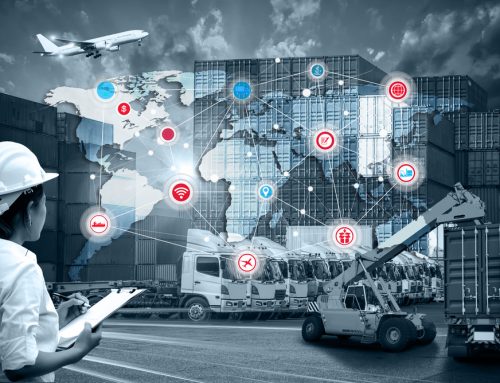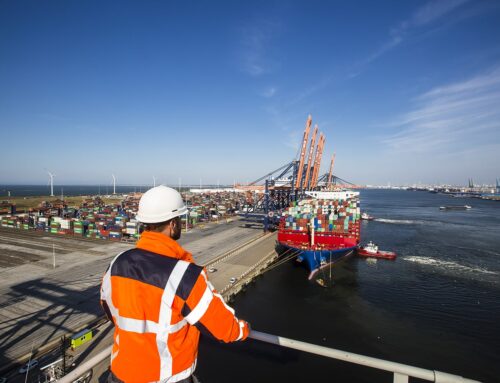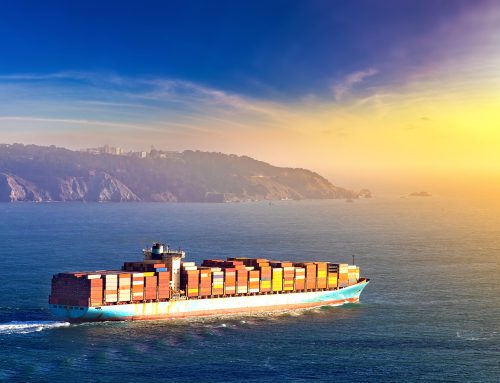16/3
Coronacrisis affects global supply chains in multiple dimensions
Since the unfolding of the Coronacrisis, gradually more and more attention is being given to the consequences for the global economy. It has been interesting to witness initial reports affected the Chinese travel industry (24 January), international air travel (29 January), jet fuel in China (January 30), Chinese retail (5 February). Only later the effects of Chinese manufacturing closings reached the mass media, affecting the supply of retailers abroad with products and global supply chains with parts and raw materials. The first announcements affected car manufacturers in Asia (having little inventory due to just-in-time single sourcing policies and being in close proximity to the parts manufacturers in China), with the world’s largest car plant of Hyundai as a prime example. Then followed the high value retail products abroad that use air freight to supply their retail stores worldwide, with Apple becoming testimony that single sourcing may look good on the balance sheet but leads to dramatic effects in case a crisis hits.
13/3
Prepare Your Supply Chain for Coronavirus
Developing a supply chain response to the coronavirus outbreak is extremely challenging, given the scale of the crisis and the rate at which it is evolving.
The best response, of course, is to be ready before such a crisis hits, since options become more limited when a disruption is in full swing. However, there are measures that can be taken now even if you’re not fully prepared. And although its long-term consequences have yet to fully play out, the coronavirus outbreak already provides some lessons about how you can better prepare your company to deal with future large-scale crises.
https://hbr.org/2020/02/prepare-your-supply-chain-for-coronavirus




